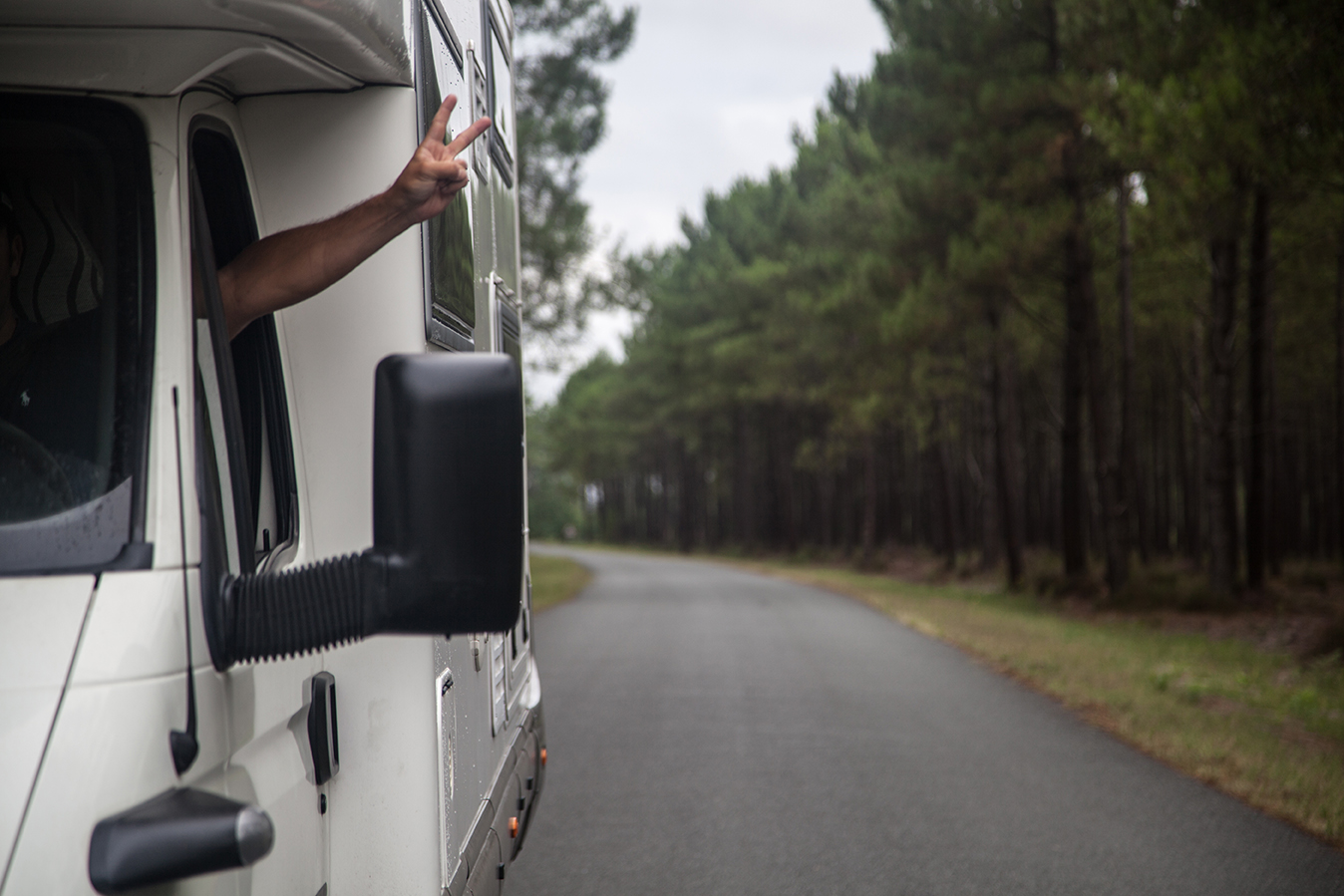
Vanlife Expo: A must-see event for adventure and freedom enthusiasts
At the heart of the passion for freedom on wheels is an unmissable event in France: the Vanlife Expo.

Perhaps you have already heard about Recreational Vehicle Exchange? The principle, on paper, is relatively simple since it is a matter of temporarily exchanging one vehicle for another, in order to be able to visit a country that is often far away from one’s own.
Want to know more? This article is made for you!
Based on the model of the exchange of house or apartment, now widespread in the world, the exchange of motorhome (or RV) has largely enough to seduce those who are owners!
Indeed, if you own a motorhome, you can now exchange it. This simply consists of putting it at the disposal of another motorhome owner, living abroad and wishing to visit your country. In return, you will use his “house on wheels ” to visit his, whether you are alone, as a couple or with your family. Of course, the operation will be entirely free of charge, since it is an exchange, and therefore a vehicle loan from a legal point of view.
The RV Exchange is thus addressed as its name indicates to the owners of Recreational Vehicles, but not only… The followers of the campervan are also concerned, or those who have a “Véhicule Récréatif”, a “Camping-car” or a “Wohnmobil” since this is how this type of vehicle is named in Canada, France or Germany…
So let’s imagine a family of American RV owners, who want to do a road-trip in Europe. At the same time, a family owning a “motorhome” in the Paris area, who wishes to discover the USA. The exchange of vehicles and their equipment is therefore possible. It remains for them to contact each other, organize things, and prepare their suitcases to take the plane!

To find out, we must first look at the history of the motorhome as such and its development.
The latter made its appearance at the beginning of the 20th century and was at the time reserved for a privileged few, since its price was then close to that of a house. It was not until the 1970s that it was marketed on a large scale. Initially relatively Spartan, it was in fact in most cases fitted out vans. It is only at the end of the 90s that the builders really develop better fitted and better equipped models, and this in order to meet the growing demand. Demand that comes in particular from young retirees who are looking for freedom and travel.
The first RV Exchanges therefore began to take place in the early 2000s. They follow not only the development of Recreational Vehicles in the world, but were born mainly thanks to the development and accessibility to the largest number of Internet. What a joy to be in retirement and to be able to travel with all the necessary comfort… And why not consider doing it elsewhere since it is now possible to ask the question to the whole world?!
Quite simply because the exchange of motorhomes fits perfectly into the collaborative economy, which has become a real social phenomenon, whether in tourism of course, but also in transport, housing, equipment, food or service. Today, whatever the sector of activity, it is inevitably possible to exchange a good or a service, to lend it, rent it, sell it, give it, or share it through community platforms.
Under the impulse of the Internet and following the economic crisis, it is in fact a new way of consuming that is still developing, and this throughout the world. It is now possible for some people to round up their income and for others to enjoy themselves without spending their savings. A concept based on the “win-win” that is gaining more and more followers every day. Beyond the economic aspect, this consumption mode is also attractive on a human level because it promotes solidarity and social ties. Let’s not forget either the ecological dimension with which individuals can identify in this new mode of consumption.
To sum up, the transition to the 21st century and the development of the Internet has literally propelled our societies into a race to consume, the famous “produce more to sell more”. The RV market was no exception to the rule since the new contenders wanted to have access to this type of vehicle, to be the happy owners of this “object” synonymous in a certain way with prestige. They wanted to have the privilege to travel freely and with a level of comfort close to that of a house… Today, the time has come for collaborative consumption and with it the question “how to increase the use of a good or service through sharing, exchange, sale or rental, between individuals? ». As far as the motorhome is concerned, it is now surpassed in the long term by the return of the campervan or converted van. Its adepts, younger and often still active, are less attached to comfort than to the use that this mode of travel gives them. More than just an asset that they will own and will be very attached to, their “Recreational Vehicle” takes on its full meaning for these new consumers: they flourish through the experiences that they will be able to live thanks to it!
Thus, the exchange of motorhomes, campervans and finally everything that looks like a “house on wheels” should have a bright future ahead of it…



At the heart of the passion for freedom on wheels is an unmissable event in France: the Vanlife Expo.

More than 1.8 million viewers tuned in to M6’s Capital to discover a new and fast-growing phenomenon: the exchange of leisure vehicles, a good deal that’s becoming increasingly popular!

Discover Yupwego, the tailor-made insurance for all your trips abroad. Whether you’re away for a weekend or several months, enjoy personalized coverage and services tailored to your needs, so you can travel with peace of mind, wherever you are.
Message
We will get back to you as soon as possible.
Find the answers to the most frequently asked questions
8 Responses
I do not own an RV, however, I have amazing accommodations to offer on the Big Island of Hawaii! I am looking for an RV owner who would be interested in PARKING ONLY their RV in Tamales, CA for 1 month in exchange for 1 month on the Big Island of Hawaii. I have a BEAUTIFUL tiny home on wheels 15 minutes from the most beautiful beaches on the Island of Hawaii! How do I go about this I wonder?
Sorry Barrie, but our platform is dedicated solely to the exchange of recreational or adventure vehicles…
Hi
We wish to travelAmerica and Canada for approx 4 months
We have a Hymer 4 berth which we can offer in England for access to Europe etc is this something that would be acceptable and is there availability for such a long trip
Yes, it’s not surprising to travel for this length of time with the temporary exchange…
Interested. We have an Itasca 42 WD diesel pusher. 42’
Welcome! You can join us here: https://www.swaptheroad.com/app/register
Pretty! This was a really wonderful article. Thanks for supplying these details.
With pleasure, so don’t hesitate to contact us directly!